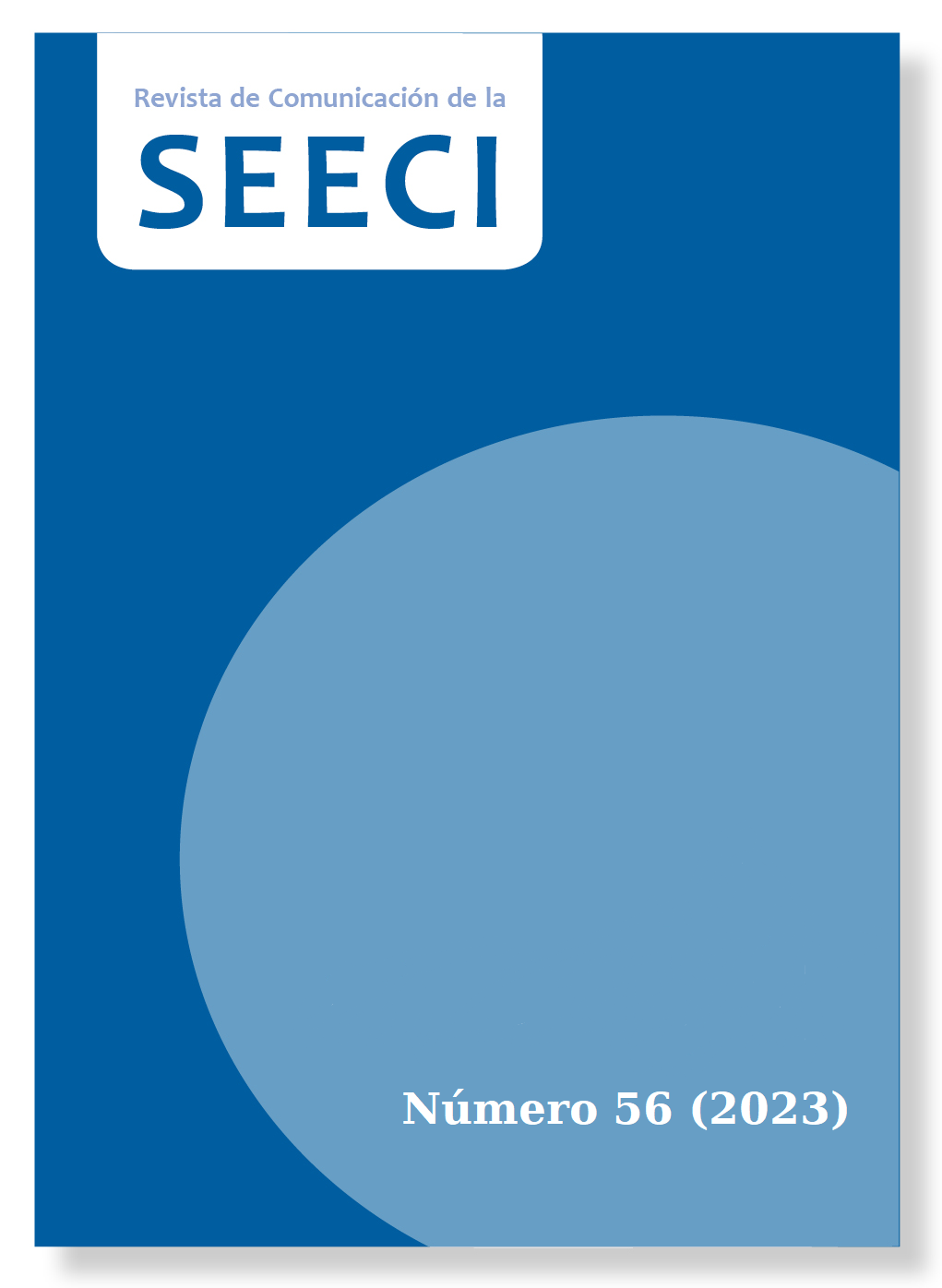THE KNOWLEDGE AND APPLICATION OF INFORMATION AND COMMUNICATION TECHNOLOGY BY EARLY CHILDHOOD EDUCATION TEACHERS IN A SELECTION OF PRIVATE SCHOOLS IN MIRANDA STATE – VENEZUELA
Main Article Content
Abstract
The main purpose of this work was to analyze the level of knowledge, application and disposition towards Information and Communication Technologies by early childhood teachers in a selection of private schools. Three specific goals were suggested: to investigate the knowledge that teachers have about the use of ICT, to know the technological tools that teachers apply to children, and to describe the teaching strategies used in connection with technology. On the other hand, the methodology used was a mixed approach of non-experimental design. The data collection was carried out through three instruments: a questionnaire aimed at all the teachers of early childhood education, an interview directed at a selection of the teachers of the initial level and an interview directed at the directors or coordinators of the 7 private schools of Miranda State. The data collected through each of the instruments were categorized and graphed, to subsequently be analyzed through a triangulation process. The main results were linked to how technology is perceived as an ally that benefits and supports the teaching process; most teachers have a medium level of technological knowledge, and wish to continue training in this area. Last of all, both educational centers and their teaching teams see ICT as an opportunity for change and development.
Downloads
Article Details

This work is licensed under a Creative Commons Attribution-NonCommercial 4.0 International License.
The Journal of Communication of SEECI recognizes and promotes copyright rights, as well as the need to disseminate knowledge in an accessible and equitable manner. Our journal operates under a Creative Commons License CC BY-NC 4.0, which allows authors and users to:
- Share and Adapt: Copy, redistribute, and adapt the material published in the journal in any medium or format.
- Attribution: Properly acknowledge authorship and provide a link to the license, indicating if any changes have been made.
- Non-Commercial: Do not use the material for commercial purposes without the express permission of the authors and the journal.
- Authors retain copyright and may enter into non-exclusive agreements for self-archiving, deposit, or distribution of the publisher's version published in this journal, including institutional, national, or international repositories, and personal websites.
References
Aguilar, N. (2020). Desafíos de la Educación en Pandemia. PRODAVINCI. https://bit.ly/3uOqhDZ
Alzuru, O. (2020). Desafíos de la Educación en Pandemia. PRODAVINCI. https://bit.ly/3pgO1PS
Cabero Almenara, J. Marín-Díaz, V. y Castaño Garrido, C. (2015). Validación de la aplicación del modelo TPACK para la formación del profesorado en TIC. Universidad De Córdoba. https://helvia.uco.es/xmlui/handle/10396/17286
Cabero Almenara, J. y Martínez Gimeno, A. (2019). Las Tecnologías de la Información y Comunicación y la Formación Inicial de los Docentes. Modelos y Competencias Digitales. Revista Profesorado, 23(3), 247-257. https://bit.ly/3uToayQ DOI: https://doi.org/10.30827/profesorado.v23i3.9421
CECODAP. (2020). 72% de los venezolanos califica la educación a distancia con niños y adolescentes como mala o deficiente. CECODAP. https://bit.ly/3fOzW9n
Hernández Cruz, G. (2017). La formación permanente del docente en competencias interculturales. Red de estudios sobre educación (REED). https://bit.ly/2RgNu3O
Hernández Sampieri, R., Fernández Collado, C. y Baptista Lucio, P. (2010). Metodología de la investigación. McGraw-Hill. https://bit.ly/3gaMPJT
Prendes Espinosa, M. y Cerdán Cartagena, F. (2021). Tecnologías avanzadas para afrontar el reto de la innovación educativa. RIED Revista Iberoamericana de Educación a Distancia, 24(1), 32-46. https://bit.ly/3uQyFmu DOI: https://doi.org/10.5944/ried.24.1.28415
Prensky, M. (2011). Enseñar a nativos digitales. SM.
Ramírez, T. (2020). En tiempos de pandemia, la brecha digital de Venezuela trae nuevas desigualdades a la enseñanza. The Conversation. https://bit.ly/3x7NUJl
Romero, F. (2020). Desafíos de la Educación en Pandemia. PRODAVINCI. https://bit.ly/3piDQdN
Solano Hernández, E., Marín Juarros, V. y Rocha Vásquez, A. (2018). Competencias TIC en los docentes de las unidades tecnológicas de Santander. Revista Interuniversitaria de Investigación en Tecnología Educativa, 5, 67-83 https://bit.ly/3fN7kx8 DOI: https://doi.org/10.6018/riite/2018/344231
UNESCO (2020). 1.370 millones de estudiantes ya están en casa con el cierre de las escuelas de COVID-19, los ministros amplían los enfoques multimedia para asegurar la continuidad del aprendizaje. UNESCO. https://bit.ly/3vS7adA





